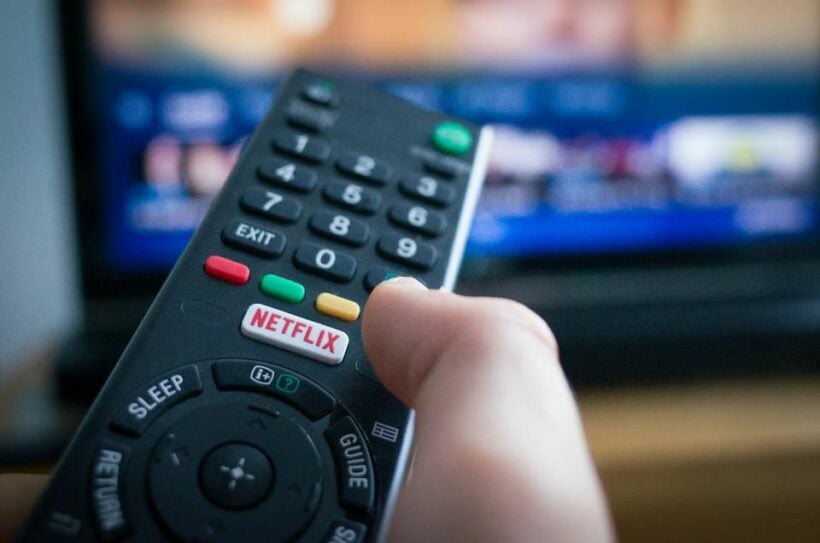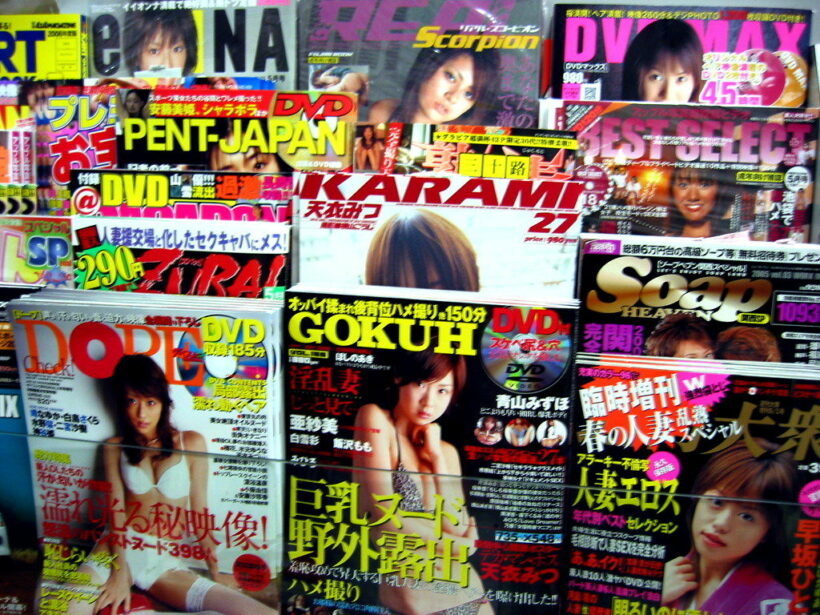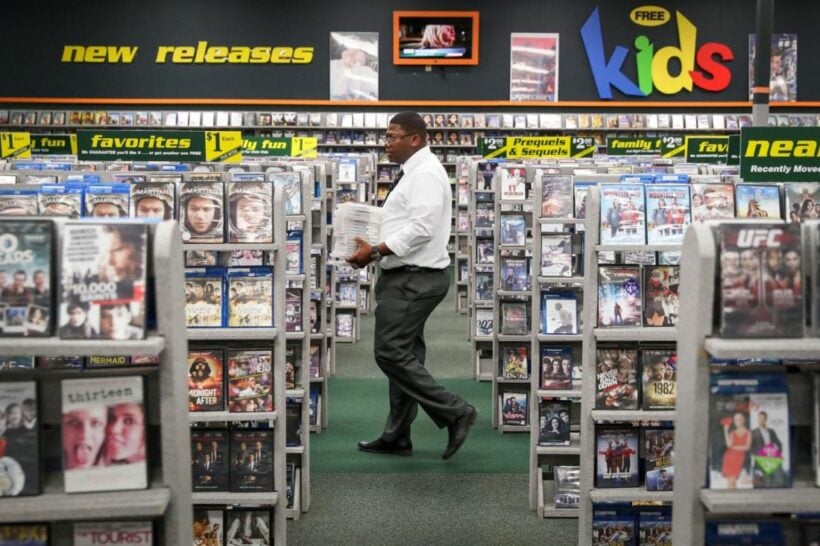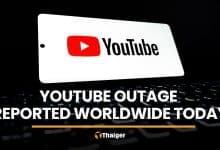Top 10 things the internet is changing forever

The internet continues to change everything. Whilst it’s creating entire new industries and jobs it’s also putting a lot of people out of work and killing older business models. Accelerating the changes is the rise and rise of smartphones as a source of just about everything. It’s an evolutionary digital disruption, as profound as the Industrial Revolution. The genie is out of the bottle and there’s no turning back.
We can be nostalgic and try to assure ourselves that everything ‘was better in the old days’ but, in most cases, the newer internet deliveries of old business models are much better, more convenient and cheaper, or even free.
Here are 10 industries that have been changed forever or completely killed off.
1) Telephones/Landlines
There was a time when we spoke on a bakelite receiver, in a fixed location in our home. Or if you were really Gucci you might have had multiple phones scattered around the home (while we’re on telephone handsets, why is there always a telephone on the wall next to the toilet in hotels?).
You can’t blame people for replacing their home phone with something that fits in their pockets and does the same thing, better plus so so much more.
Landlines used to be in 9 of every 10 homes. That situation is drastically changing as the cost, flexibility and quality of calls from a smartphone changes everything. Goodbye landlines, hello mobile phones/messaging/social media/chat lines/apps.

2) Print Journalism
Check out Newspaper Death Watch to check the daily list of banners that are either closing forever or trying to adapt to the online world. Print publishing, once part of the mainstream triumvirate of print, radio and TV, is now truly niche – expensive, irrelevant, late, labour-intensive, environmentally-unfriendly and loaded up with ‘advertorial’ to try and pay the bills.
On the other hand, the internet is a lot more accessible, easier to navigate, mostly free, caters to the reader rather than the advertiser, is almost instantaneous and timely.
There are some earnest, dogged paper publishers still trotting out their daily and weekly papers but the writing is on the wall. If not next week, it will be next year or soon after that the losses will overcome the desire to keep printing.
Most smaller newspapers-going-online fail, whilst the built-from-the-ground-up online news and information providers have a much better chance of succeeding. There is a whole new breed of larger and smaller news organisations and aggregators that have much higher reach than the old printed version. They also represent a much broader view of the world, mostly with opportunities for readers to interact.
The good news is that the new ‘news’ business models have a LOT less impact on the environment and save millions of trees being pulled down.

3) Cable Television
Netflix. One brand says it all and the hugely popular online streaming service, and others, has almost completely killed cable. Cable will still exist in some locations but has been superseded by a much more attractive and dynamic, and better quality, new range of online services. Hopefully it will slowly rid our landscape, particularly in Thailand, of the hideous black cabling that is part of the old ‘cable’ network.
The prices are lower, the quality is better, the range is greater. And you can watch things when you want to and pause to grab a snack. Last year Disney launched their much awaited streaming service. There will be more in 2020.

4) Music
Video killed the radio star. Well, not quite. But the internet has made even more profound changes to the music industry than just about anything else we can think of.
It’s not the first time the music industry has had to cope with change. From cylindrical drums, to bakelite records (7″ and 12″), to CDs, mp3 files and now online streaming. Music sharing services initially disrupted (or panicked) the music industry and then iTunes and other paid services started building a new, sustainable business model.
One thing, sadly, remains the same – the artist is usually at the bottom of the food chain in and the final recipient of any residual profits. But iTunes, Pandora, Spotify, YouTube, torrents (illegal and legal) are where the music industry happens now. The quality is better, the supply almost endless, the delivery is instant.
Google, YouTube and iTunes are now the defacto ‘record company’ and are the source of a huge library of music of all styles, from the past and new. It probably also means that if you don’t have a fabulous music video to go with your music you’re unlikely to reach a profitable audience.
But, like every other industry that’s been affected by the internet, creative and clever people have been able to reach out with the new tools and have, at least, the opportunity of reaching new audiences beyond borders.
FM and AM radio, once the launchers of careers and the makers of stars and DJs, are also being battered from the simple and profound onslaught of better, easy to access, instant streaming of podcasts, news, music and information.

5) Porn
Old – Porn magazines.
New – Pornhub.com and a million other online services.
FACT: 30% of all data transferred across the internet is porn. Enough said.

6) Travel Agents
We used to go to our local travel agent, in person, flick through the glossy brochures and then ‘consult’ with our friendly travel agent before they booked the flights and accommodation. All that ‘booking’ stuff was done by a pleasant travel agent who charged a commission for their services.
Now our smartphones and laptops are our travel agent. Everything from info, reviews, booking platforms and reports on aircraft arrivals. EVERYTHING for your next holiday can be done with the internet.
In the US, as of 2013 there were only 13,000 travel agents remaining. That was down from the 34,000 peak in the mid-90s. That remaining 13,000 is expected to drop another 83% by the end of 2020. Travel agents have become a luxury rather than a necessity. Of course some people will still like to get all the ‘details’ sorted by someone else so some travel agents will exist in a niche market.
One of the world’s largest and most iconic travel companies, the 178 year old Thomas Cook Travel, declared itself insolvent on September 23, 2019.

7) Encyclopedias
Mention “Encyclopedia” and most people under the age of 30 will have no idea what you’re talking about. One of the early additions to the www was Wikipedia where you can find just about anything you want, almost instantly, without having to wade through 20 heavy hard-copy encyclopaedias that took up three bookshelves in the living room (if you were lucky enough to have a set).
The information is now free, increasingly accurate, regularly updated and resource-rich.
In 2012 Encyclopedia Britannica halted publishing after 244 years. Of course the set of encyclopaedias took up a lot of space and cost well over $1,000. Wikipedia is free. Or just ask Alexa or Siri.

8) Maps
When was the last time you got out a printed map or street directory?
Google Maps, and a few other specialist mapping services, have dispensed with impossible-to-refold paper maps. You don’t have to be a cartographer these days and the internet-based map services will usually talk to you, in a selection of accents and languages, to tell you where to go.
Apart from never being able to refold them back into their original shape, old printed maps probably caused as many accidents and arguments as the destinations they were meant to help you find.
And, whilst not perfect, at least the modern online map apps are constantly updated and can also tell us the traffic conditions along the route, suggest alternatives and tell us how long it will take to get there.

9) Book stores and newsagents
There are bookstores still around but they are usually a privately-run ‘hobby’ rather a serious business anymore. Kindle, iBooks, Nook, free online PDFs – these are newer, cheaper and more convenient medium replacing. Readers are now able to access books for less and take them wherever they go – books are heavy!
You can take 1000s of books with you on your next flight and sometimes the author or a famous voice will read the book to you. Want to read a new book? It downloads in seconds. But if fingering your way through a real book is still your thing there will be swap-shops and boutique book stores for years to come, probably with a coffeeshop and comfortable seating.
Still it’s nice to find a quirky little bookstore and do some browsing the old way too.

10) Video stores
Video what?
Blockbuster used to be one of those brands you associated with a Friday night, and probably a home-delivered pizza. You would spend hours walking along the racks, hoping to find something you hadn’t seen, or that would tickle your fancy.
Built on the crappy VHS tape technology, the video store was the way an entire generation saw most movies (and we suspect a lot of porn). Then it was DVDs (and BlueRay), an advance, but was soon to get killed off by the internet.
Now you’re not strolling past racks in a street store, you’re scrolling through even more high-quality titles delivered directly to your TV, for a lot less money. And the pizza gets delivered to your home (from an app).
Streaming services like Netflix, Hulu, Disney, iTunes and YouTube have replaced the video store, for the better. The industry is slowing cracking down on the pirate ‘sharing’ services and making a sustainable business model.

Latest Thailand News
Follow The Thaiger on Google News:


























